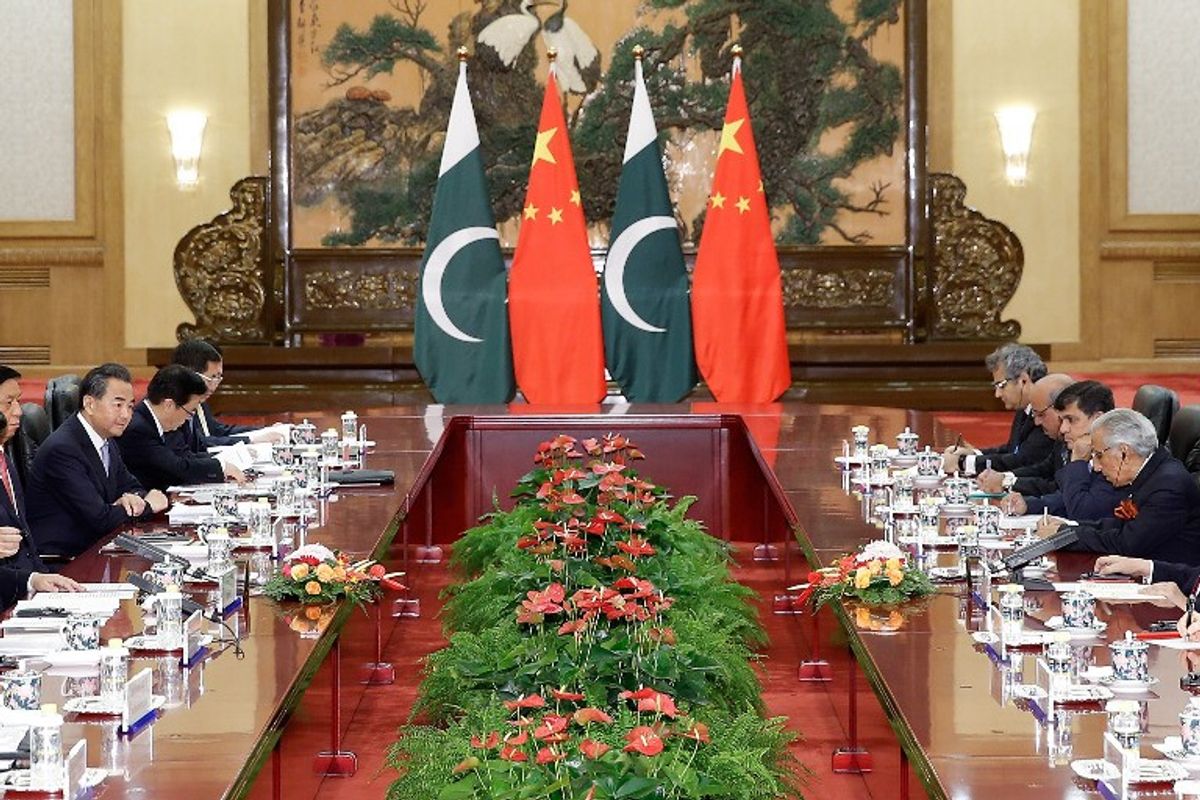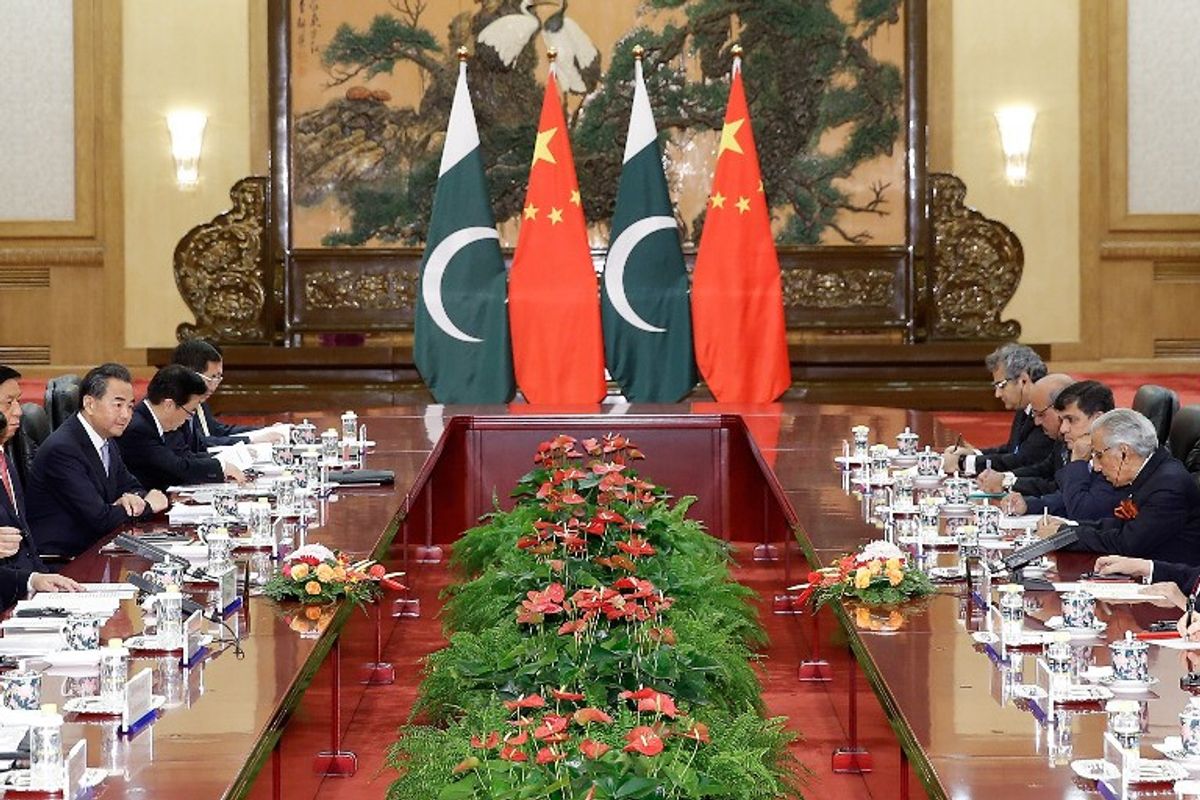During his visit to Buenos Aires in March, President Barack Obama praised his Argentinian counterpart and called him “a man in a hurry.” Indeed, many in Argentina and abroad have been surprised by the determination with which Mauricio Macri has implemented reforms to open the economy, remove excessive restrictions, and bring fiscal accounts back in order. So far, Macri has been successful in attributing the social pain of the reforms to the gravity of the situation he inherited. Still, Argentina’s patience could run out before the economy starts growing again.
A new economic era
From 2003 to 2011, the Argentine economy was one of the fastest-growing in Latin America. Under President Nestor Kirchner and his wife and successor, Cristina Fernandez de Kirchner, the country rode the wave of the commodity cycle, largely fueled by Chinese demand, and vastly expanded social programs and government spending. When the boom ended, however, Argentina was left with an increasingly interventionist state that paralyzed investment and growth, while inflation kept rising and fiscal deficits widened.
In this context, the new Macri administration –which took office last December—has moved fast to restore external confidence in Argentina, distance the country from Venezuela, and pivot towards the United States and Europe in search of economic support and foreign investment. This shift included a review of some public work contracts with China, although the strong trade relationship between Argentina and the Asian giant will likely remain. Within days of taking office, Minister of Finance Alfonso Prat Gay announced the end of widely criticized currency restrictions.
Further, after only four months, the government surprised many by reaching an agreement with debtors of defaulted Argentine bonds, a judicial dispute that had remained unresolved since 2002 and that allowed the country to return to capital markets for the first time in almost 15 years. The deal was quickly approved by large majorities in Congress, despite the fact that Macri’s coalition is a minority in both houses. So far, the center-right government has been able to reach agreements with moderate Peronists in Congress largely because of the support of provincial governors, who depend on federal funds.
For Macri, this “return of Argentina to the world” is essential to regain the trust of investors and restore economic growth. And so far the world has responded: Obama included Argentina on his historic trip to Cuba and was preceded in Buenos Aires by the President of France and the Italian Prime Minister. This renewed confidence was also evident in the success of Argentina’s first bond issue since the 2002 default: the government offered bonds for 10-15 billion dollars, but the demand exceeded 65 billion.
The social cost of the reforms
At the same time, however, many Argentines have been left behind by the government’s actions. As part of its efforts to reduce a massive fiscal deficit, the Macri administration has drastically cut back subsidies for public services, including electricity, transportation, and water. These subsidies were unsustainable and represented at least 4 percent of the country’s GDP by the time Macri took office. But in order to correct this long-lasting distortion, the government imposed sudden and drastic increases in utility bills, sometimes of more than 400 percent. This in turn has pushed inflation upwards, which is expected to end 2016 at about 35 percent, despite an economic contraction of at least one percent of GDP.
The combination of cuts to public spending – including the layoff of thousands of government employees – and rising inflation has affected consumption and slowed down the economy. This has placed President Macri increasingly at odds with powerful labor unions – which are associated with the opposition Peronist party – and with some political parties as well. Polls show Macri’s approval rating, though still above 50 percent, has dropped by at least 10 percent in the first months of his administration, largely because of the impact of his economic measures.
Political and social actors – including those close to former president Cristina Kirchner – claim that Macri is merely governing for local and foreign corporations, putting most of the economic adjustment on the backs of the poor and middle class. They accuse the government of being a return to the “neoliberal” era of former President Carlos Menem, a right-wing Peronist who presided over a period of economic liberalization, massive unemployment, and high poverty levels.
For the government, getting the timing of the reforms right is as important as the policy changes themselves. If Macri moves too fast, he can alienate powerful social and political actors, affecting governability and Congressional support. But if he is too slow, it could take too long before the investments the country desperately needs actually materialize.
Will Macri’s changes bring back growth?
Despite criticism, Macri and his cabinet have promised to maintain the course of the reforms. He argues that painful measures are needed given the gravity of the economic woes inherited from his predecessor. They expect to get the economy growing again and at the same time curb the chronic problem of inflation, and to have concrete results to show on both fronts by the end of 2016. Whether or not this recovery happens will largely determine the government’s political future. Argentines will go to the polls again in October 2017 for crucial midterm legislative elections.
The Argentine economy is the third-largest in Latin America and has the potential to grow in sectors, such as agroindustry and energy – with the strategic shale oil and gas resources of Vaca Muerta. To be sure, the international context is daunting: The region is suffering from the deep recession of Brazil – its largest economy – and the “new normal” of slower growth in China, a key trade partner.
So far, the Macri administration has exceeded expectations by the swift manner in which it addressed very difficult economic challenges. Foreign investment is likely to increase in the short term, but its impact remains to be seen. A rigid labor system and the weakness of the rule of law are unlikely to change in the short term. This new era for Argentina has great promise but also important challenges. The success of the Macri administration will depend on his ability to navigate a complex regional and domestic scenario to realize the desire for change that brought him into office.












